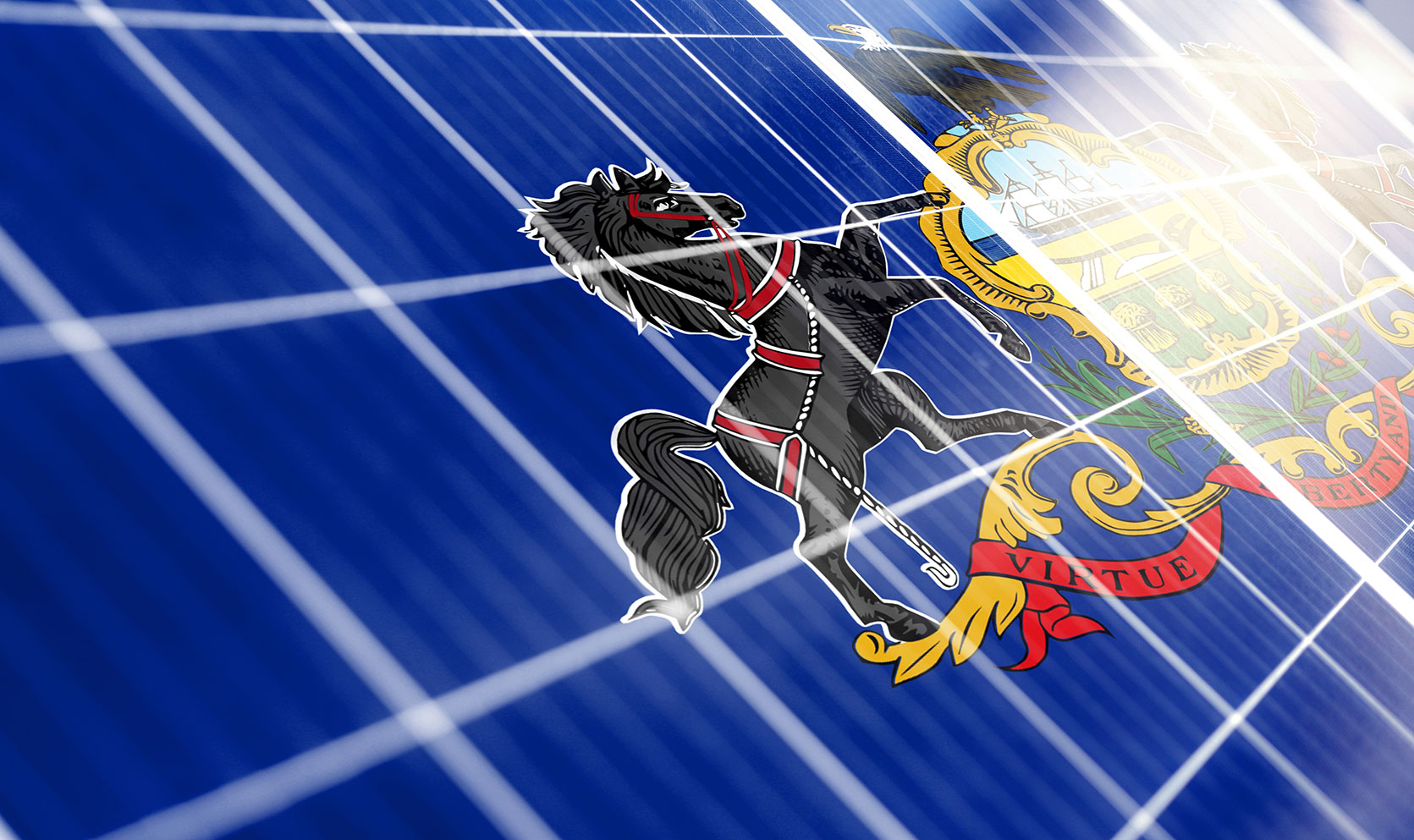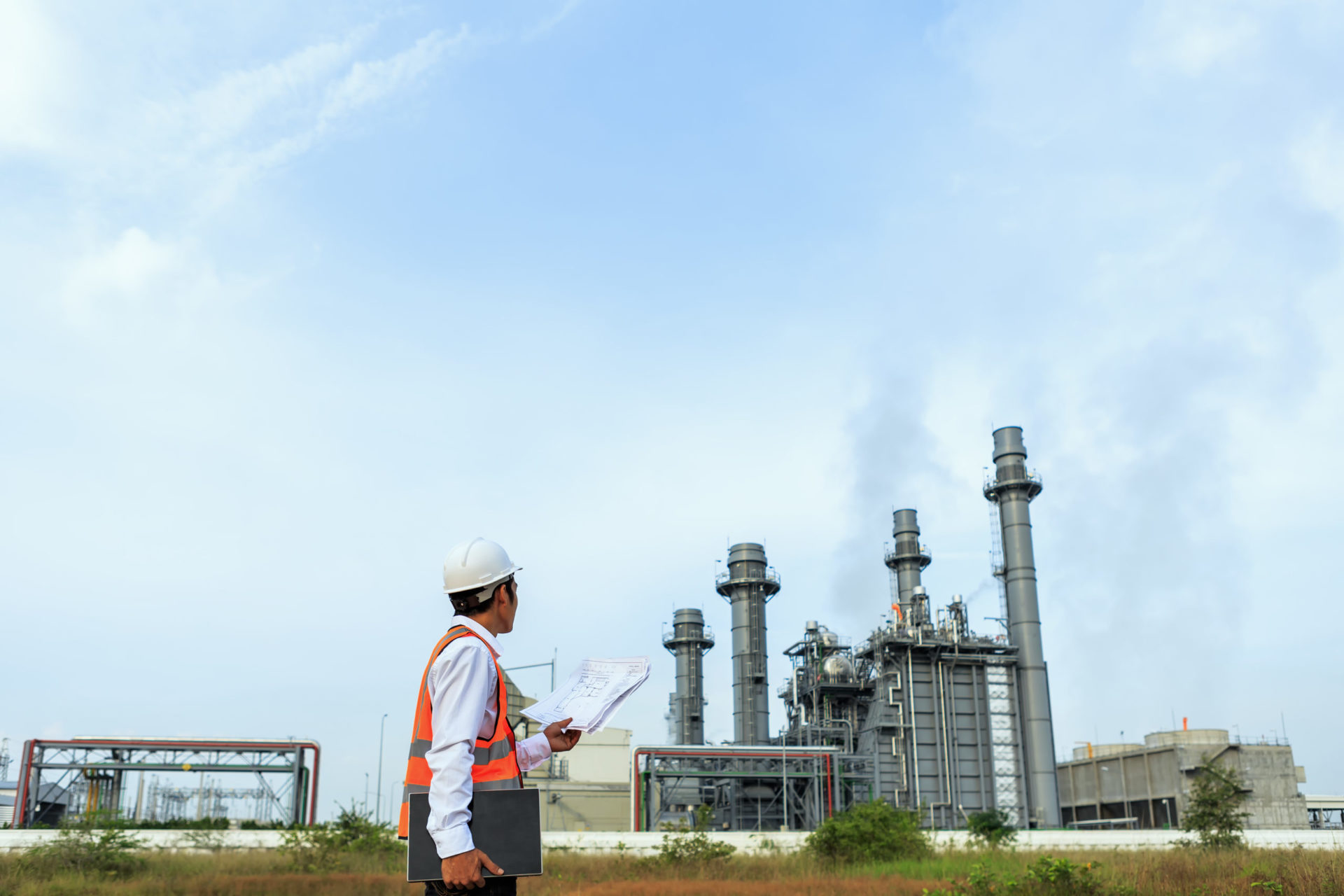Three Key Facts:
-
- Over 14,000 low-income households in Pennsylvania will gain access to rooftop solar.
- Pennsylvania received $156 million from Joe Biden’s clean energy plan to support the effort.
- Research shows that low-income households in Pennsylvania may spend up to 20% of their income on energy costs, a much larger share than middle- and upper-income families.
-
For years, the poorest households in Pennsylvania have been unable to benefit from the lower energy bills that come from solar power. The Solar for All initiative was launched to change that.
Thanks to a $156 million grant from Joe Biden’s clean energy plan, the Greenhouse Gas Reduction Fund will subsidize the installation of solar panels to provide power to 14,000 low-income households across the state.
Leveling the Playing Field
Research shows that low-income households in Pennsylvania spend a larger share of their income on energy costs compared to middle- and upper-income families. Low-income families in Pennsylvania may spend up to 20% of their gross income on energy costs. While solar panels and other energy alternatives have successfully lowered household energy bills, the upfront costs of solar installation can be too high a barrier for many.
Solar for All helps homeowners and landlords install solar panels and will save residents an average of $1,450 each year on their power bill. Spread out over the lifetime of the panels, analysts estimate that the installation of solar can save a household nearly $60,000. By directly targeting communities historically excluded from solar energy, the program ensures these savings benefit those who will benefit the most.
“[It’s] not just solar for some folks,” said White House National Climate Advisor Ali Zaidi in a recent press briefing. “[We’re] really making sure that we’re opening up a market where everybody, no matter their ZIP code or their economic background, can tap into the savings opportunity that clean energy represents.”
Economic Benefits: A Boon for Workers and Communities
The program will drive job creation in Pennsylvania’s solar industry, which already employs some 5,200 workers. Key unions such as the International Brotherhood of Electrical Workers (IBEW) and the Laborers’ International Union of North America (LIUNA) will play a central role in the installation and maintenance processes.
The indirect economic benefits are equally significant, supporting supply chains, local businesses, and induced job growth from increased economic activity.
Alignment with Broader Climate Goals
Solar for All complements Pennsylvania’s Alternative Energy Portfolio Standards (AEPS), which mandates renewable energy use across the state. It also supports efforts like the PA PULSE program which sets out to power half of Pennsylvania’s government electricity needs with solar.
Support and Public Opinion
A recent Global Strategy Group survey found strong support for expanding access to renewable energy. Nearly 80% of Pennsylvanians support renewable energy expansion, including three out of five of Republicans.





